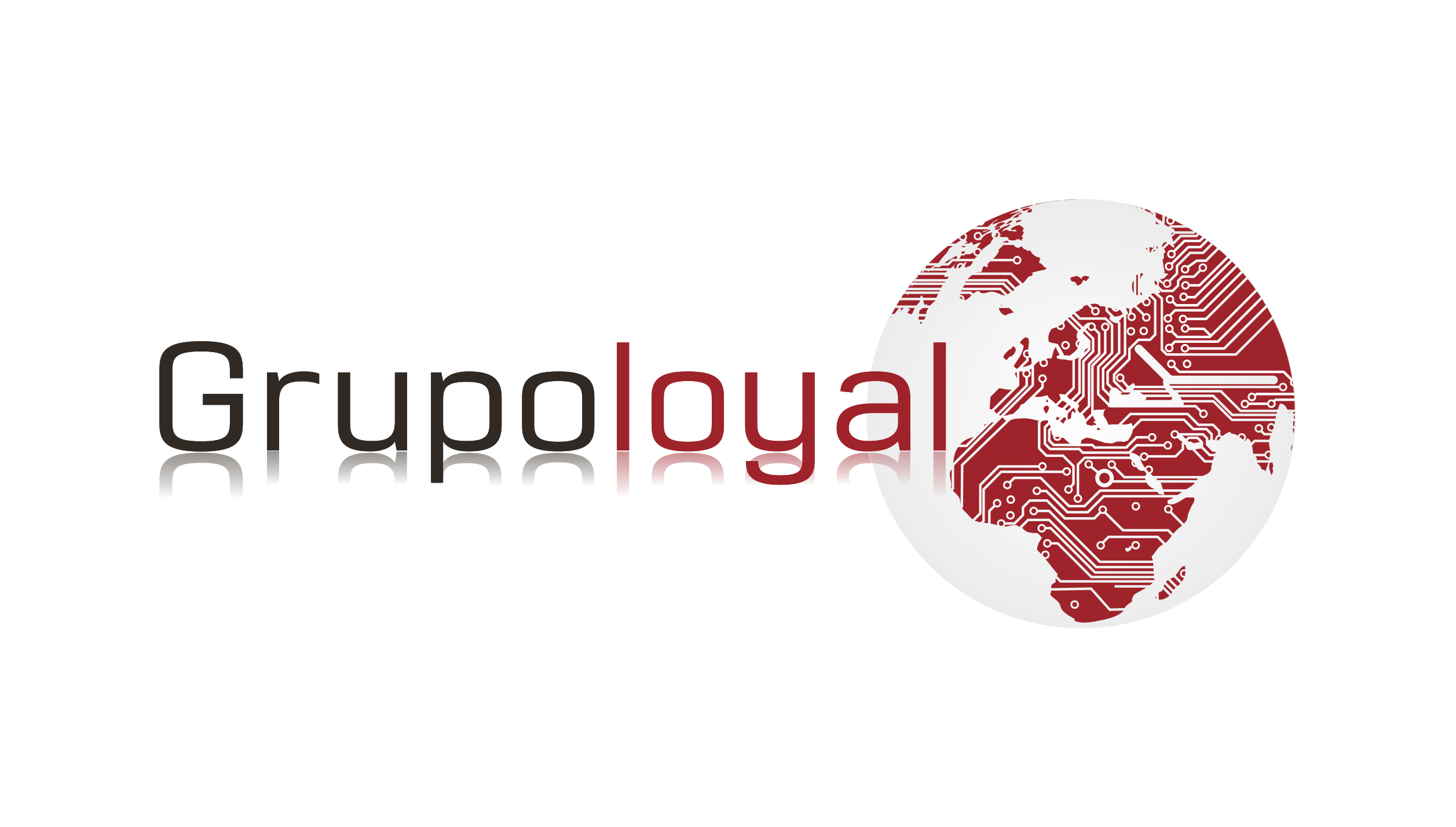
DASA DevOps Fundamentals 2.0

Objetivos
Explain the drivers responsible for the emergence of DevOps.
Define and discuss the key concepts and principles of DevOps.
List and explain the business benefits of DevOps and continuous delivery.
Know how teams can translate DevOps principles into tangible practices.
Learn about modern operations in a DevOps context.
Explain the concepts of test automation, infrastructure automation, and build and deployment automation.
Describe how DevOps relates to Lean and Agile methodologies.
Get insight into the various organizational DevOps models and architectures.
Identify how Cloud and Delivery pipeline automation optimize and accelerate the ways of working.
Discuss the critical success factors for DevOps transformation.

devops

Disponible en formato e-learning

Disponible en formato presencial

Disponible en formato a distancia


Subvención disponible
A través de Fundae, cumpliendo requisitos.


Duración
20 horas
- Dificultad 50%
- Nivel alcanzado 80%


Dirigido a


Conocimientos requeridos
Temario
Module 1: Course Introduction
Let’s Get to Know Each Other
Course Overview
Course Objectives
Proposed Course Agenda
Case Study: Easy Journey Airways
Exam Details
Module 2: DevOps – The Context
DevOps Evolution
Business Benefits of DevOps
DevOps Principles
Goals and Measurements
Module 3: DevOps for Individuals
From Roles to T-shape DevOps Profiles
DASA Competence Model
Module 4: DevOps for Teams and Organizations
Culture and Behavior
Organizational Models
Team Autonomy
DevOps at Scale
Module 5: DevOps Practices
ITSM
Lean
Agile
Architecture
Continuous Delivery and Automation
Modern Infrastructure and Cloud
Operations
Module 6: The Next Steps
Analyze the Current Situation
Improve Incrementally
FORMATO DEL EXAMEN
Closed-book format
Web-Based
Participants may bring scratch paper
40 multiple choice questions
65% pass score
60 minutes duration
15 minutes extra time for non-native English speakers

Comentarios recientes